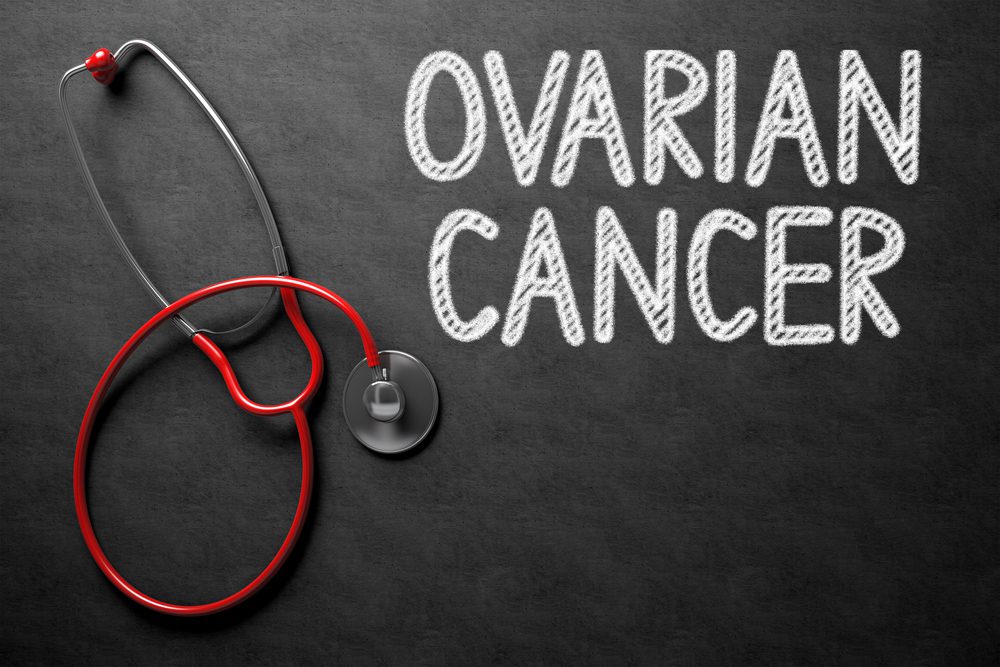Ovarian cancer affects the ovaries, which are essential parts of the female reproductive system.
In this post we will cover ovarian cancer causes, symptoms and treatments.
Causes of Ovarian Cancer
The exact cause of ovarian cancer is still unknown, but certain risk factors include:
- Age (most cases occurring in women over 50)
- Family history of ovarian or breast cancer
- Inherited gene mutations (such as BRCA1 and BRCA2)
- Obesity
- Hormone replacement therapy
- Fertility treatments
Symptoms of Ovarian Cancer
The symptoms of ovarian cancer can be vague, with common symptoms including:
- Abdominal bloating or swelling
- Pelvic discomfort or pain
- Persistent indigestion or full feeling
- Frequent urination
- Changes in bowel habits
- Fatigue
- Unexplained weight loss
Diagnosis and Treatment
A thorough evaluation is necessary to diagnose ovarian cancer.
This often includes:
- A physical examination
- Imaging tests such as ultrasound or CT scan
- Blood tests to measure certain markers
- Tissue Biopsy (sometimes)
Treatment for ovarian cancer is most effective in its early stages, making early diagnosis important.
Treatment options for ovarian cancer depend on various factors including the stage of cancer, the patient’s health and individual preferences.
Common treatments include:
- Surgery
- Chemotherapy
- Targeted therapy
- Radiation therapy.
Surgery is often the first step and aims to remove as much cancerous tissue as possible.
If you believe you or a loved one may be experiencing symptoms or signs of Ovarian Cancer, please seek immediate medical attention from a healthcare professional.





